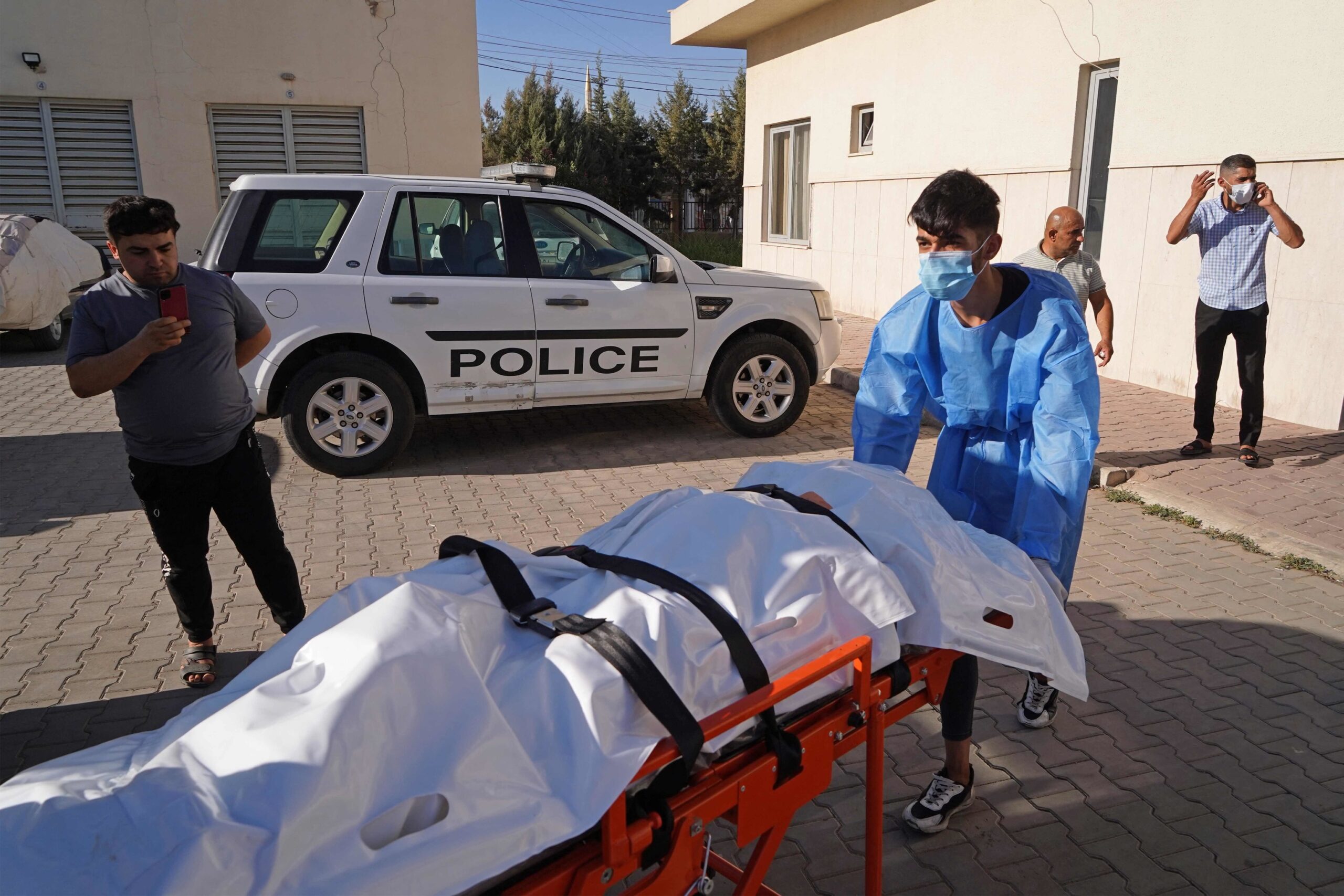A Turkish attack in northern Iraq has tragically ended a peaceful day out. According to Agence France Presse, artillery fire from the Turkish army hit a place where dozens of Iraqi tourists were staying in Duhok province on Wednesday, one of the hot spots in the Turkish war against the Kurdish PKK guerrillas. Official sources raised the number of fatalities to 8, including 2 children, and the number of injured to 23.
The blow has taken place in the mountainous village of Paraj, a corner of the Zajo district, famous for its waterfalls and for providing pleasant temperatures in summer. Therefore, as explained by the mayor of Zajo Mushir Bashir, it is common for tourists from southern Iraq to come to the village. At the same time, this mountainous area has spent recent years being the scene of skirmishes between the PKK and the Turkish army, which has set up dozens of military bases in northern Iraq.
“Turkey hit the town twice today,” Bashir told AFP. Turkish military sources, for their part, assure that “there is no information” about the incident, which complicates the usually tense relations between Ankara and the Iraqi central government. The Turkish military actions, which extend throughout the northern arc of the country and reach points as far inland as Mount Sinjar or Majmur, are the reason for repeated calls by the Turkish ambassador to the Iraqi Foreign Ministry.
Last April, coinciding with the arrival of good weather in a rugged region and hostile winter temperatures, Turkey launched a new military operation called ‘Claw Blockade’. The objective of this action, like those launched before, was to deny the PKK a presence in caves, valleys and villages that for years have served as a base of operations for its incursions into neighboring Turkey.
Ankara justifies these interventions in a neighboring country, possible by virtue of a permit that the Turkish Parliament renews annually, based on the imperative of national security. Information about the victims, especially combatants, is published in a diffuse way. Sometimes, as in this latest event, civilians are harmed by the confrontation. Last May, two children were killed in skirmishes between Turkish soldiers and PKK militiamen.
This latest news comes a day after Turkish President Recep Tayyip Erdogan insisted on his plans to launch an attack on two areas of Syria with the presence of Kurdish militiamen. Russia and Iran, two countries that have affiliated soldiers and fighters in both places, have opposed Turkish intentions. Something similar happened in Iraq, where the Popular Protection Forces, which Iran supports, have warned that they will stand up to Turkey if it launches a large-scale attack on Sinjar. In contrast, the Iraqi Kurdish administration, heavily dependent on its trade relations with Turkey, has criticized the Turkish military presence, but, at the same time, is trying to end the control that the PKK exercises in some regions of its territory.
Conforms to The Trust Project criteria




















